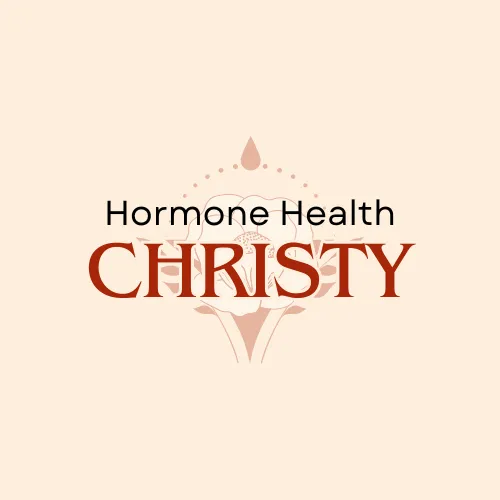We use cookies to improve your experience on our site. By using our site, you consent to the use of cookies. Rejecting cookies will prevent non-essential cookies from loading.
BLOG
Harmonise Your Hormones - Balance Bliss Blog!

Navigating Menstrual Milestones: A Guide for Women in Their 30s and Beyond"
"Every menstrual cycle is a journey, a reminder of the innate power and wisdom of the female body." - Unknown
Introduction:
As women, our menstrual cycles are not just a monthly occurrence; they are a reflection of our overall health and well-being. As we enter our 30s and beyond, our bodies undergo significant changes, and so do our menstrual cycles. Understanding these changes and how to navigate them is essential for maintaining optimal health and hormonal balance. In this guide, we'll explore some common menstrual milestones that women may encounter in their 30s and beyond and provide tips for managing them effectively.

1. Understanding Perimenopause
One of the most significant menstrual milestones for women in their 30s and beyond is the onset of perimenopause. Perimenopause is the transitional phase leading up to menopause, marked by irregular menstrual cycles, fluctuating hormone levels, and symptoms such as hot flashes, night sweats, and mood swings. While perimenopause typically begins in a woman's late 30s to early 40s, it can start earlier for some women. Understanding the signs and symptoms of perimenopause can help women navigate this transition with greater ease.
2. Tracking Menstrual Symptoms
As we age, our menstrual cycles may become less predictable, with changes in cycle length, flow, and symptoms. Keeping track of these changes can provide valuable insights into our hormonal health and help identify any underlying issues. Whether using a traditional paper calendar or a smartphone app, tracking menstrual symptoms such as cramping, mood changes, and energy levels can help women identify patterns and better understand their bodies.
3. Managing Hormonal Imbalances
Hormonal imbalances can occur at any age but may become more pronounced as women enter their 30s and beyond. Common hormonal imbalances such as estrogen dominance, progesterone deficiency, and thyroid dysfunction can lead to symptoms such as irregular periods, weight gain, mood swings, and fatigue. Taking a proactive approach to managing hormonal imbalances through lifestyle changes, dietary modifications, and targeted supplementation can help women maintain hormonal balance and overall well-being.
4. Prioritising Self-Care
Self-care becomes increasingly important as women navigate the demands of work, family, and daily life in their 30s and beyond. Making time for self-care activities such as exercise, relaxation techniques, adequate sleep, and healthy nutrition can help women manage stress, balance hormones, and support overall health and well-being. Incorporating mindfulness practices such as meditation, yoga, or journaling can also help women stay connected to their bodies and menstrual cycles.
5. Seeking Support
Navigating menstrual milestones and hormonal changes can be challenging, but women don't have to do it alone. Seeking support from healthcare providers, holistic practitioners, or support groups can provide valuable guidance, validation, and resources for managing menstrual health and hormonal imbalances. Whether discussing symptoms with a trusted healthcare provider or connecting with other women experiencing similar challenges, reaching out for support can empower women to take control of their health and well-being.
Conclusion
As women in their 30s and beyond, understanding and navigating menstrual milestones is essential for maintaining hormonal balance, overall health, and well-being. By staying informed about the changes our bodies undergo and adopting proactive strategies for managing hormonal health, women can embrace each stage of life with confidence and vitality. Remember, each woman's menstrual journey is unique, and finding what works best for you may require some trial and error. With patience, self-awareness, and support, women can navigate menstrual milestones with grace and resilience, embracing the journey towards greater health and vitality.
FREE DISCOVERY CALL
next step towards balancing your hormones and reclaiming your health?
Book a discovery call and see how I can help you find the perfect programme for you.
© Copyright 2024 Hormone Health with Christy - Privacy Policy - Terms & Conditions
